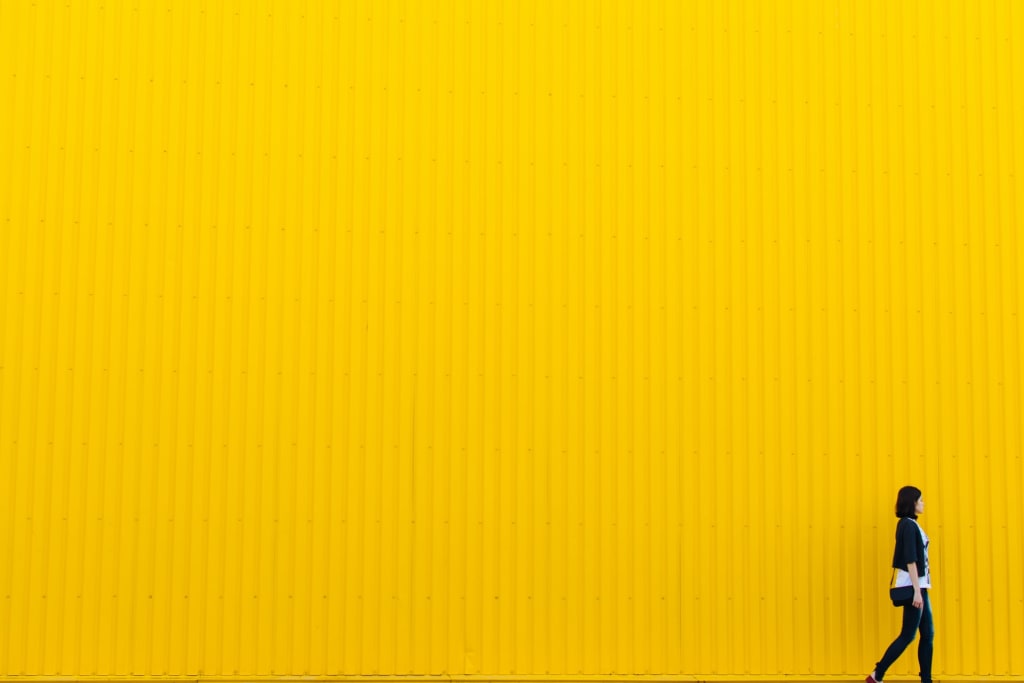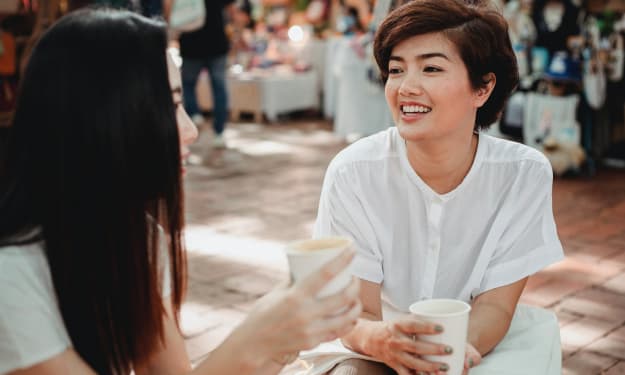Don’t Try To Be “Normal” — The World Needs You to Be Yourself
Let’s break the vicious cycle of trying to be like others

“If you are always trying to be normal, you will never know how amazing you can be.” — Maya Angelou
This phrase expresses very well how a good part of our lives ends up being wasted. How much of our life is spent trying to be normal? How much effort do we make to be like others?
How many of our tears are filled with the anger and sadness we feel at not being able to be like others? How many of the people we know look like copies of each other?
Why we want to be like others
Much of this effort is the result of our education and the socialization process that we go through as we grow up. As children, we discover how the world and people work. At this stage, we believe that what we see and what we are told is the way things really are.
In the process of integration in our culture, in our socialization, this mechanism is reinforced. We are encouraged to try to be like others. We think that that is the way to be recognized, to be accepted, to have value, and to have friends.
This is what the culture in which we live, the education system, and our family experience — in most cases — transmits to us. This is what we are going to internalize. With great costs for everyone.
The costs of being normal
Although this is a process full of good intentions, the results — in most cases — are not positive, either for the individual or for society.
- The cost to the individual
On the individual level, this process of standardization, of excessive harmonization, ends up suffocating the real personality of each one and can create a feeling of constant dissatisfaction.
Some are luckier. Sometimes the pressure from society to be in a certain way coincides with their individual interests and needs, and in that case, the fulfillment of their needs and desires ends up happening.
Others are also fortunate to be born in more open social groups and families that encourage them to follow their wishes, even when these do not coincide with what is socially acceptable.
These success stories clearly exist and deserve to be recognized and praised. However, they are a minority.
- The cost to society
On the community level, this process has many negative effects. In addition to the natural effects of individual dissatisfaction in society, the loss is felt mainly in the waste of resources and in the lack of creative solutions.
In a society that faces increasingly complicated problems, we need to find new ways to solve them. But, to discover these alternative solutions, we need people who know how to think for themselves and who can put their original ideas at the service of the world.
However, the original ideas don’t appear just because we need them. The people who can produce them need to go through a process of evolution and education with greater openness to adopt the new attitudes that the world needs.
How to make the change
For people to be able to put his differences at the service of herself and others, they must be taught to practice two fundamental habits:
- The habit of giving
They need to learn that they can do it without being afraid.
They need to experience that they can express their ideas freely. They need to learn that they should not be afraid to think differently and that they can present their alternative solutions to others without suffering because of it.
- The habit of receiving
They need to learn to accept the difference in others.
They need to learn how to listen and how not to reject what is different. They need to learn to let others express their different ideas without condemning them. They need to be able to hear new ideas impartially to analyze if they are viable if they make sense in a specific situation if they can be a good solution or not.
The world needs us to be ourselves
To find solutions to the world’s current problems, we have to rediscover ourselves. We have to practice the habit of knowing how to listen — to ourselves and to others — to find the best in each of us and how we can all benefit from it.
What each one of us has different, what distinguishes us, is precisely the best we have to offer to others.
It is the personal and collective acceptance of these differences that can bring greater individual satisfaction and at the same time add something new and positive to the world.
Accepting your difference
Accepting that we are different from others and accepting that the difference in others is a positive thing, is a decisive step towards our rediscovery as individuals and as a society.
This change in attitude is also an essential step to change our collective culture, to ensure that our children do not go through the same process of forced normalization that many of us have experienced.
If we want to be happier it includes rediscovering who we are, what makes us different, and accepting that in ourselves and others.
We need, as a society, to break the vicious cycle of trying to be like others. We all have a role in this essential change, and only each of us can play its part.
Step by step, creating a different day for everyone.
“Don’t let the expectations and ideas of others limit who you are. If you let others tell you who you are, you are living their reality — not yours. There is more to life than pleasing people. There is much more to life than following others’ prescribed paths. There is so much more to life than what you experience right now. You need to decide who you are for yourself. Become a whole being. Adventure. ” — Roy T. Bennett
About the Creator
Zen Michael
Happiness in on the Way, not at the end of the road. Calm, joy, meditation and creativity shape the Way. Don’t search for happiness and it may find you.






Comments
There are no comments for this story
Be the first to respond and start the conversation.